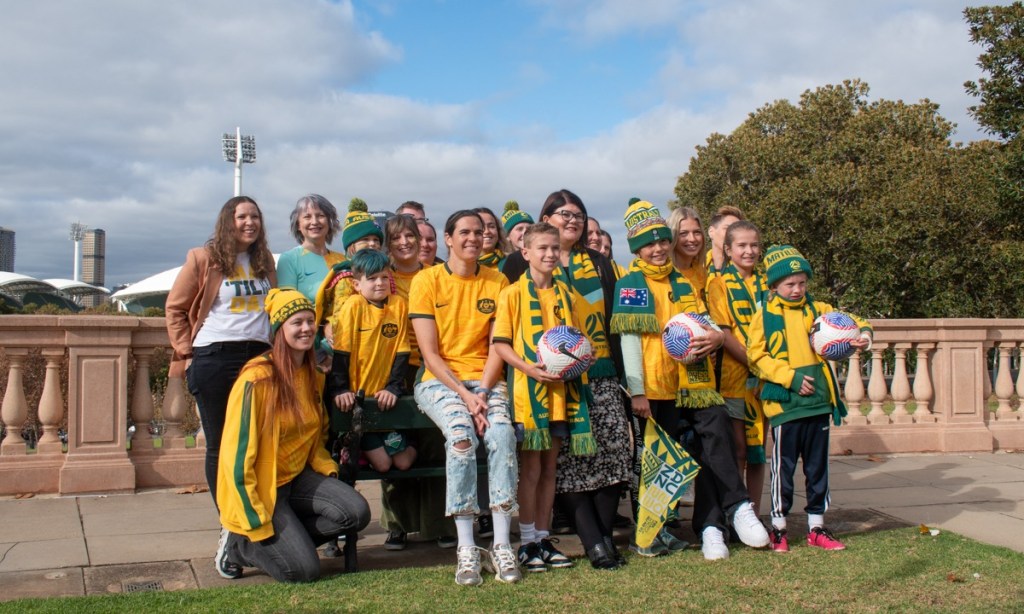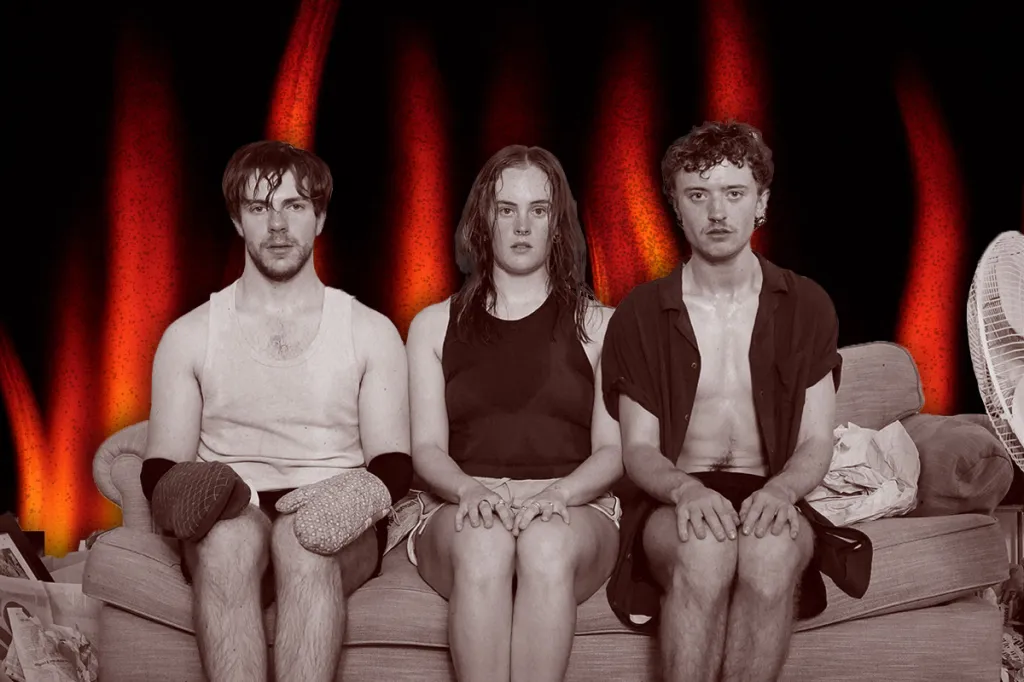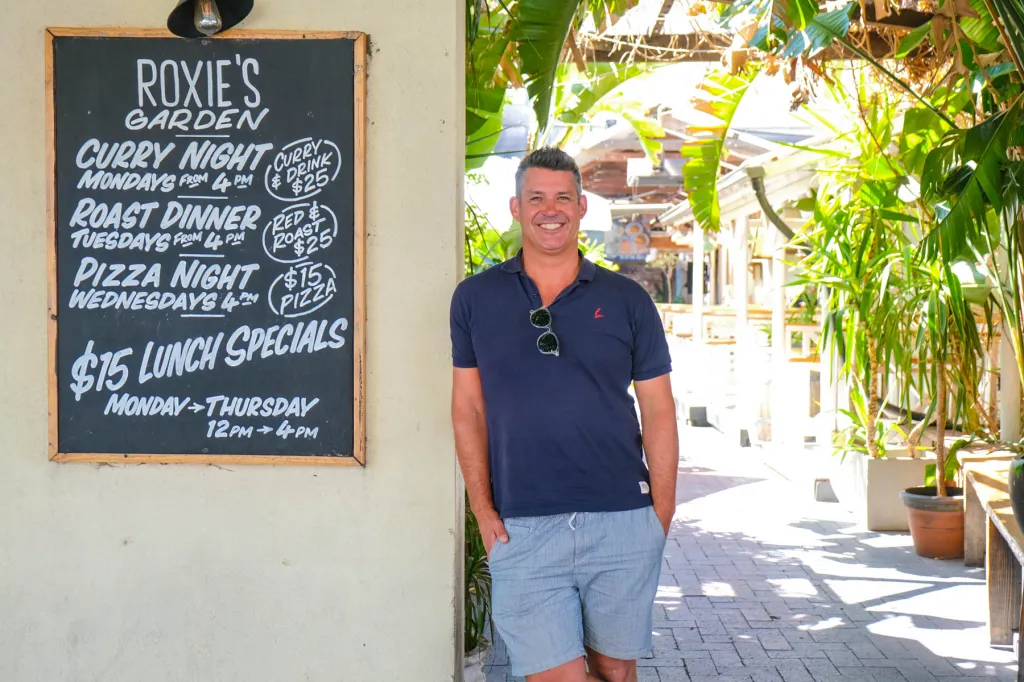Matildas and the things that matter with women’s sport

A Matildas veteran visited Adelaide this week and CityMag sat down for a chat about her influence and impact on the game’s diversity.
At 10 years old and newly arrived in Australia, Layan Saadeh was looking for ways to connect with Australian culture. Watching the A-league on free-to-air TV on a Sunday, she found the Matildas.
CityMag chatted to the now 20-year-old this week in a small crowd of green and gold celebrating the squad announcement for the Matildas upcoming games against China PR.
“I’m an immigrant from Palestine, so when we moved to Australia in 2014 I was looking for some sort of tie to Australian culture and Australian community,” she says.
“The biggest draw for me was not just sport but also women in sport, and the Matildas are a huge part of me trying to identify with Australian culture and learning about Australian culture.”
“That one game that they always played on the weekends was something I always looked forward to and [Matilda’s goalkeeper] Lydia Williams was a huge part of that because having an Indigenous background, I do resonate a lot with my Palestinian background, so it’s very big for me today.”

Layan Saadeh with Matildas goalkeeper Lydia Williams. This picture: supplied.
On Tuesday morning, decked out in her Matilda’s home jersey and scarf, Layan met Lydia for the second time.
You might like
“I told her, ‘I don’t think you remember but I was 15, I was still in school, I’m different looking now.”
Lydia Williams is a Noongar woman and has been a Matilda since 2005, playing 103 international matches, including five senior FIFA World Cups. Earlier in May, Lydia announced she’d retire from international football after the Paris 2024 Olympics.
Layan says it’s important to have role models like Lydia and to see cultural change come from the top down in women’s sports.
“I think we need people like Lydia to be advocates for us, the voice of diversity and community and women’s sport,” she says.
“I think having both people with a huge profile and then people from down below that are building foundations, I think it’s really important and what Lydia does with her voice is so, so amazing with her documentary and sharing her story and being very vulnerable.”

Lydia Williams made her Matildas debut in 2005. She’s played for a range of teams nationally and internationally including Paris Saint-Germain, Arsenal FC and Canberra United.
Subscribe for updates
Speaking to CityMag about her retirement and how the game has changed in her time as a Matilda, Lydia says she is hopeful for the future.
“It’s definitely bittersweet to leave, but I’m excited to see where the game has come from and where it’s going,” she says.
Lydia says equal access to sporting facilities, and having visibility of equality is important to set examples early on.
“From a young age, if you have the visibility as a young girl that it is equal, you can exceed expectations or your expectations are at a higher level than maybe if you don’t have that visibility,” she says.
“The older you get, the more you kind of get used to fighting a little bit for those things, but as a young kid to have access to everything I think is the most important thing.”

Layan says in her experience as a young person in sporting communities in Adelaide, the little things matter.
“For me when I used to play for part of Adelaide University football club before we did our renovations, you could tell it was built for men,” she says.
“You want to go to a toilet where there’s sanitary products for women and there’s a different place for women and men because when we’re sharing change rooms, it’s hard.
“When the men’s game is at one time of the day and the women’s game is exactly after we have to stop changing.
“It’s the little things and I think it’s so important because we need to if we want to spread diversity within women’s football, we need to cater for the Muslim communities and the communities who don’t feel comfortable sharing these areas around men, especially the change rooms and women that wear hijab.”

